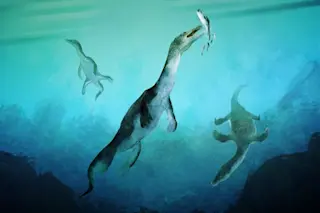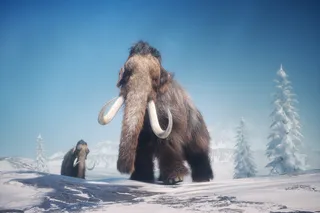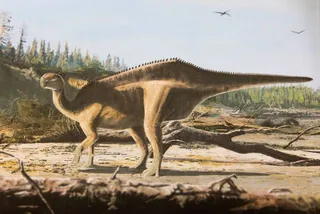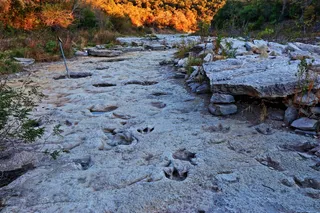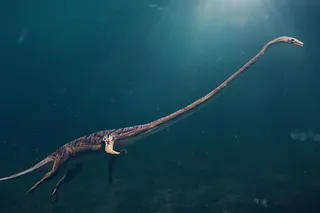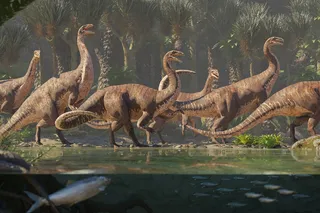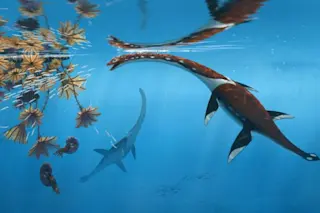A new look at a nearly forgotten old bone could change the way we think about the reptiles that preceded the dinosaurs. And the revelation that the bone is the oldest fossil of an oceanic reptile from the Southern Hemisphere — reported in Current Biology — also serves as a legacy to the scientist who prompted its re-evaluation.
Reptiles ruled the seas for millions of years before dinosaurs dominated the land. Sauropterygians, were the most diverse and geologically longest surviving group of aquatic reptiles, with an evolutionary history spanning over 180 million years.
Marine reptile fossils linked to the beginning of the Age of Dinosaurs, have all been localized to an ancient low-to-mid-latitude belt spanning from what is today east Asia, the Middle East and Europe to northwestern North America.
“By contrast, the Southern Hemisphere has been a blank spot – until now,” says Benjamin Kear from the Museum of ...


